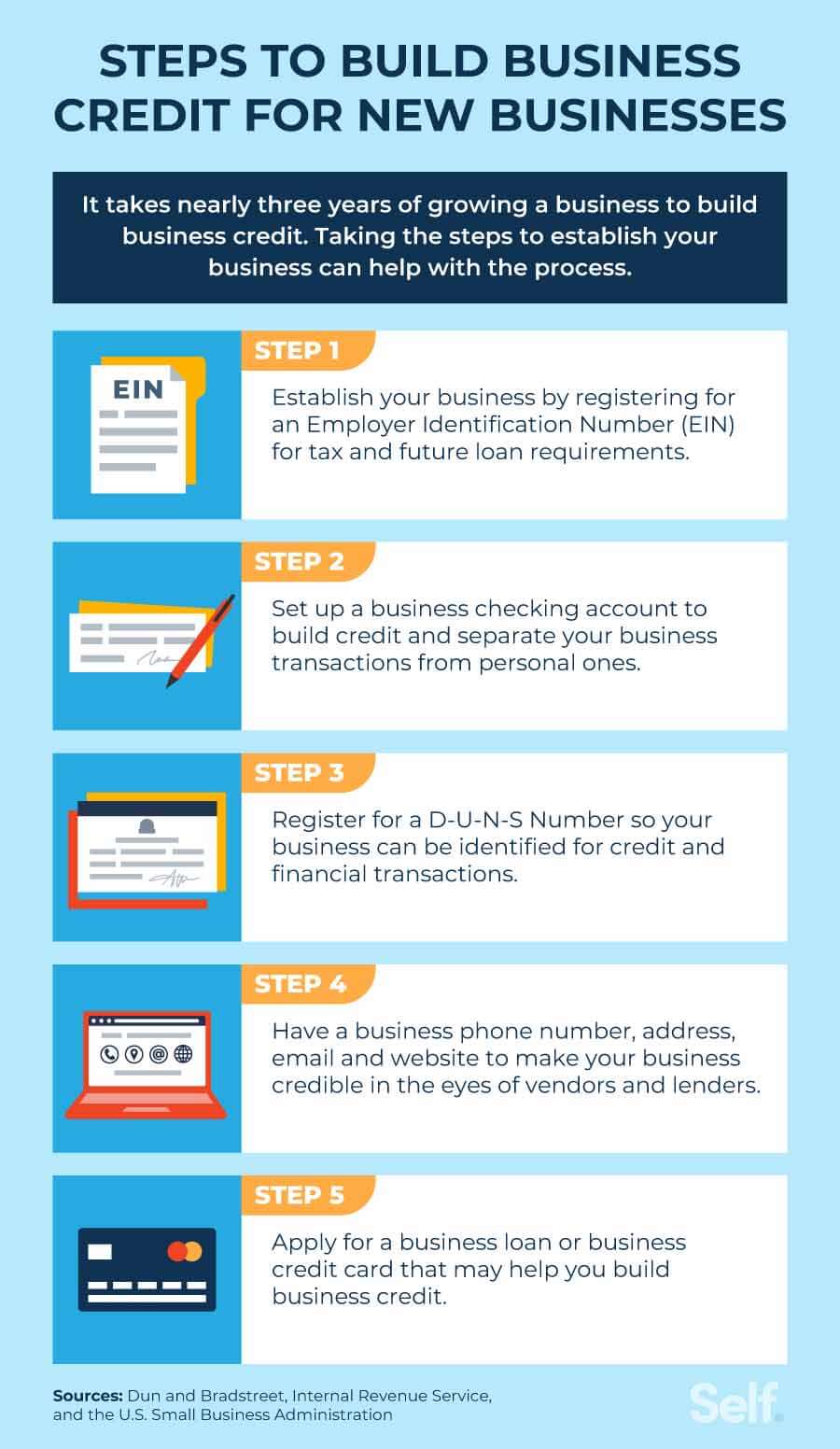
How to Establish Business Credit
When starting a business or managing an existing one, understanding important business concepts is crucial. One such concept is business credit, which requires extra effort to establish but plays a critical role in building a secure foundation for your business.
What is business credit?
Lenders and banks assess individual borrowing ability by looking at personal credit reports. These reports contain information about credit cards, loans, and financial interactions, which establish personal credit scores. Similarly, it is possible to establish a business credit score.
Business credit functions similarly to personal credit, with the main difference being that credit bureaus do not actively seek out business transactions to establish credit history. Instead, transactions must be voluntarily reported. Individuals starting a business can establish credit history by filing their transactions with credit bureaus.
Benefits of establishing business credit
Establishing good credit is necessary for personal loans and better credit offers, and the same applies to businesses. Businesses often deal with larger purchases and a variety of overhead costs. To cover these expenses before generating profits, most businesses need credit sources, making it crucial to establish business credit.
How to establish business credit
To establish business credit, proactively report credit accounts and history to Experian, Dun & Bradstreet, and Equifax Business. This enables these agencies to provide an accurate credit score range, securing your business. Investors and suppliers often check credit reports before deciding to do business with you. Lack of credit or poor credit can lead to missed business opportunities.
Monitoring business credit reports is equally important as establishing credit. Regularly checking your business credit score protects against fraud and ensures an accurate representation of your business’s financial stability. Incorrect reports can damage your reputation and hinder business operations.
Determining business credit score
Personal scores and business credit history work together to demonstrate a track record of meeting financial obligations. Business credit history encompasses multiple scores and varies among credit bureaus. Here are some factors included in the average business credit report:
– General company information: Annual revenue, industry, business tenure, and current liens or judgments affect credit profiles. Ensuring accurate information on file is crucial for a strong profile.
– Timely payment to vendors and suppliers: Timeliness of payments for trade credit contributes to credit profiles.
– Timely meeting of other credit obligations: Payment history, outstanding balances, payment habits, credit utilization, and details of liens, judgments, or bankruptcies evaluate credit.
Using business credit wisely
Using business credit over time helps build a strong credit profile. Establishing and paying off credit accounts and maintaining good relationships with suppliers play a crucial role.
The importance of your credit profile
Ignoring personal credit scores and business credit profiles can lead to missed opportunities. Lenders want answers to three important questions:
1. Can you repay a loan based on revenue and cash flow?
2. Will you repay a loan based on a track record of meeting financial obligations?
3. Will you continue to make timely payments in unexpected situations?
Successfully answering these questions improves the chances of obtaining financing and managing credit profiles is integral to this process. While a strong credit profile does not guarantee financing, it opens up more options and makes it easier for lenders to approve applications.
Hello!
I’m Andrew Brooks, a seasoned finance consultant from the USA and the mind behind phonenumber247.com.
My career is built on a foundation of helping individuals and businesses thrive financially in an ever-changing economic landscape. At phonenumber247.com, my aim is to demystify the complex world of finance, providing clear, actionable advice that can help you navigate your financial journey with confidence. Whether it’s personal finance management, investment strategies, or understanding the nuances of market dynamics, I’m here to share insights and tools that can propel you towards your financial goals.
Welcome to my digital space, where every piece of advice is a step closer to financial clarity and success!
